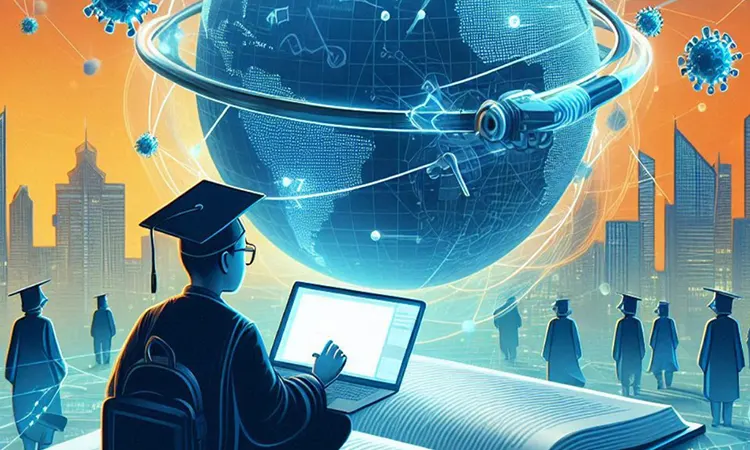Blog
Skills for the Digital Age - "Build Your Future with Us"
Baruneswar Lane , Samantarapur , Old town , Bhubaneswar

In a world increasingly driven by technology, computer literacy is no longer a luxury; it's a necessity. Recognizing this, the Indian government has launched several initiatives to bridge the digital divide and empower its citizens with essential digital skills. This blog explores some of these key initiatives and their impact on promoting computer literacy across the nation.
These flagship schemes aimed to provide basic computer literacy training to one person per eligible household in India. NDLM focused on urban areas, while PMGDISHA targeted rural populations. The programs offered training modules on using computers, accessing the internet, and utilizing government e-services.
SWAYAM (Study Webs of Active-learning for Young Aspiring Minds) is a government-run platform offering free online courses on various topics, including computer literacy. Digital Shakhas leverage local communities and volunteers to establish digital literacy centers where individuals can receive hands-on training in a familiar environment.
This scheme aims to create a network of village-level digital entrepreneurs. PMYUVA provides training and support to young individuals to establish rural BPOs (Business Process Outsourcing) and Common Service Centers (CSCs) that offer internet and computer services to their communities.
This broader initiative incorporates computer literacy training within its skill development programs. By equipping individuals with essential digital skills alongside job-specific skills, the mission aims to create a more employable workforce prepared for the digital economy.
Government initiatives play a crucial role in promoting computer literacy for several reasons:
Reaching Underserved Communities : These programs can reach remote areas and underprivileged communities where access to private training opportunities might be limited.
Standardization and Quality Control : Government-backed initiatives ensure standardized curriculum and quality training, maintaining consistency across the nation.
Affordability and Accessibility : Many government programs offer subsidized or free training, making computer literacy accessible to a wider population.
Promoting Digital Inclusion : By empowering citizens with digital skills, these initiatives help bridge the digital divide and ensure everyone can participate in the benefits of the digital world.
Fostering a Digitally Literate Workforce : A skilled workforce equipped with computer literacy strengthens India's position in the global IT sector and promotes overall economic growth.
The Indian government's commitment to promoting computer literacy through various initiatives is commendable. These programs play a vital role in empowering citizens, bridging the digital divide, and fostering a digitally literate India. However, challenges remain, such as ensuring internet connectivity in rural areas and providing training in local languages. By addressing these challenges and continuing to invest in innovative, inclusive programs, India can ensure a brighter digital future for all its citizens.